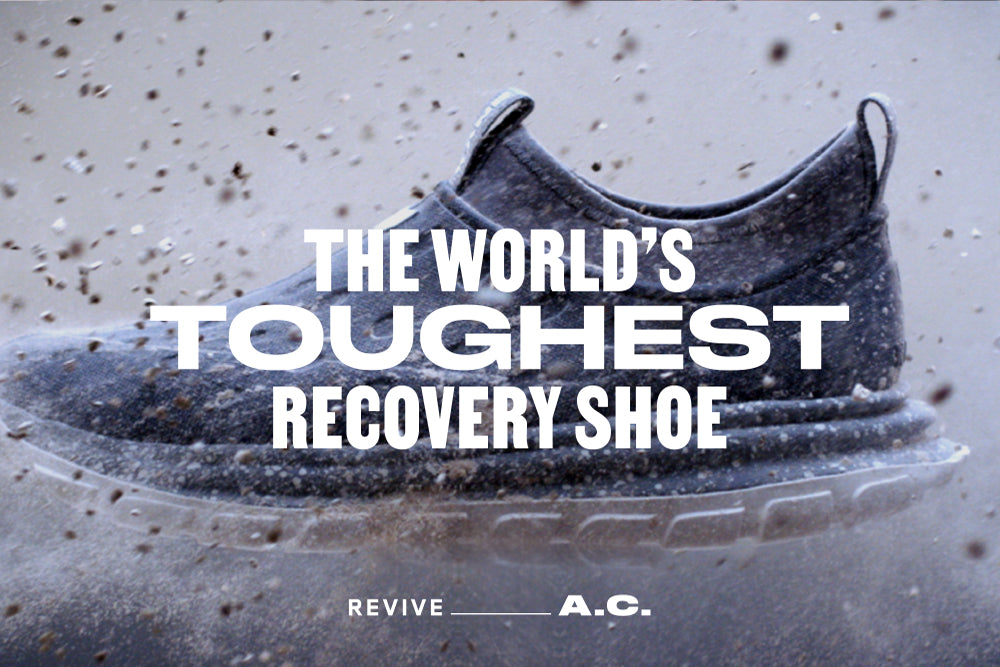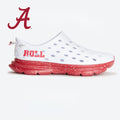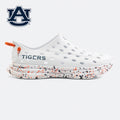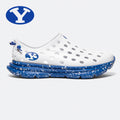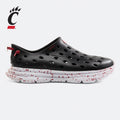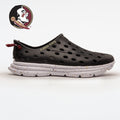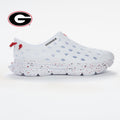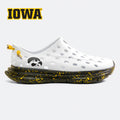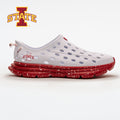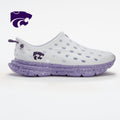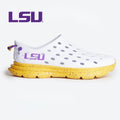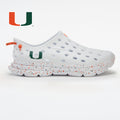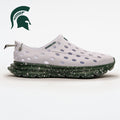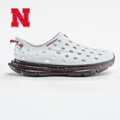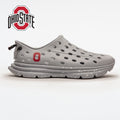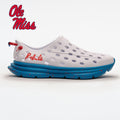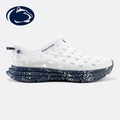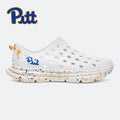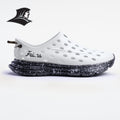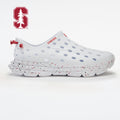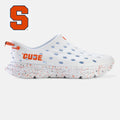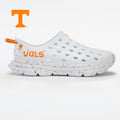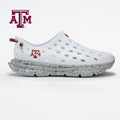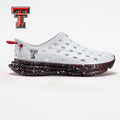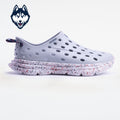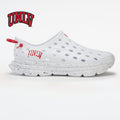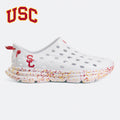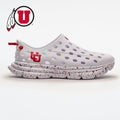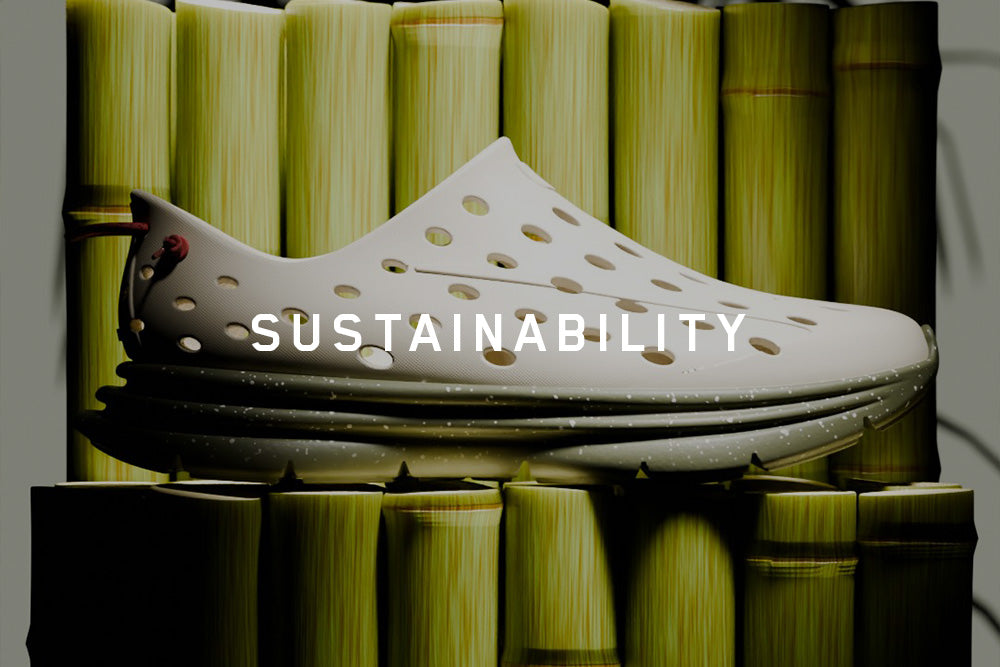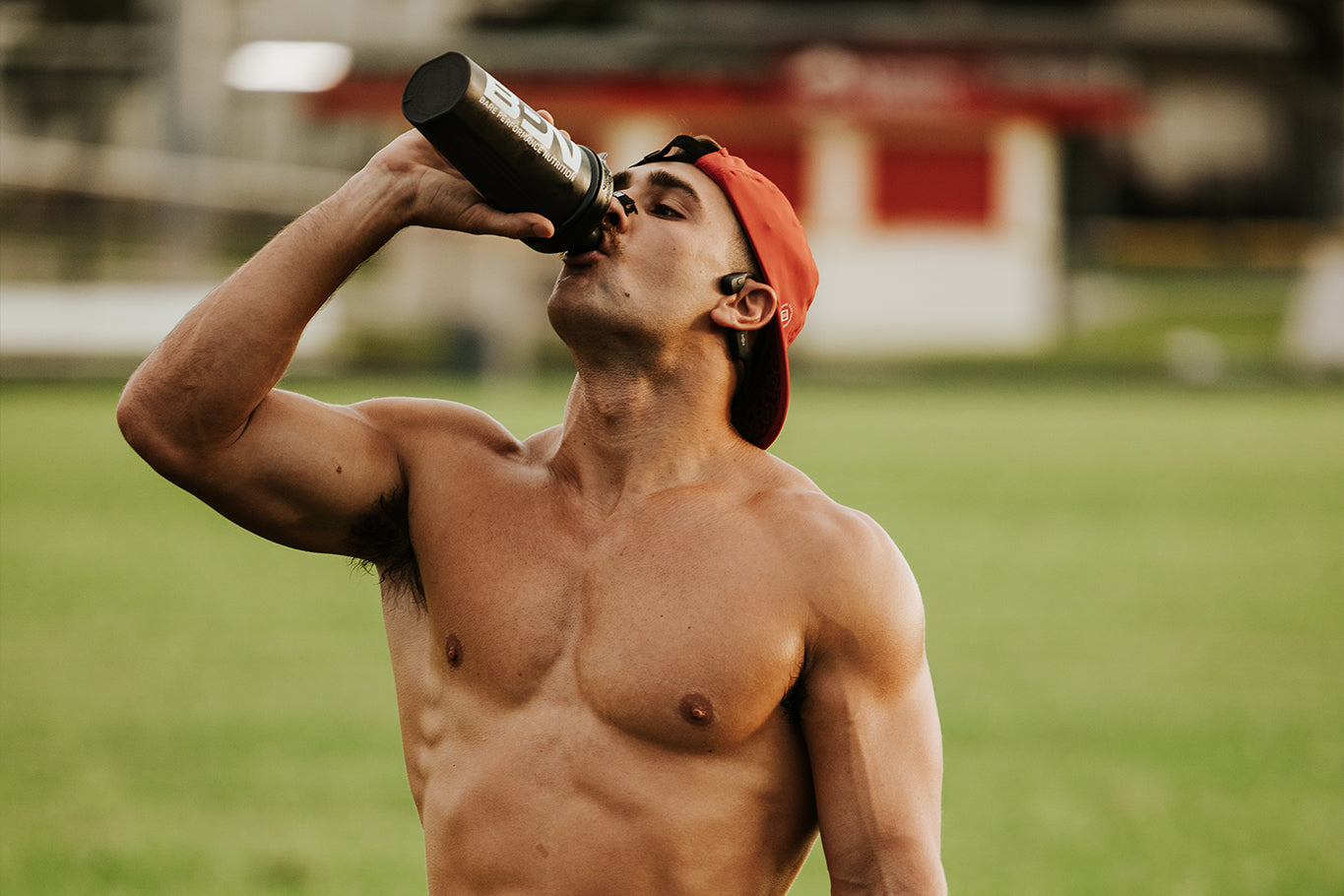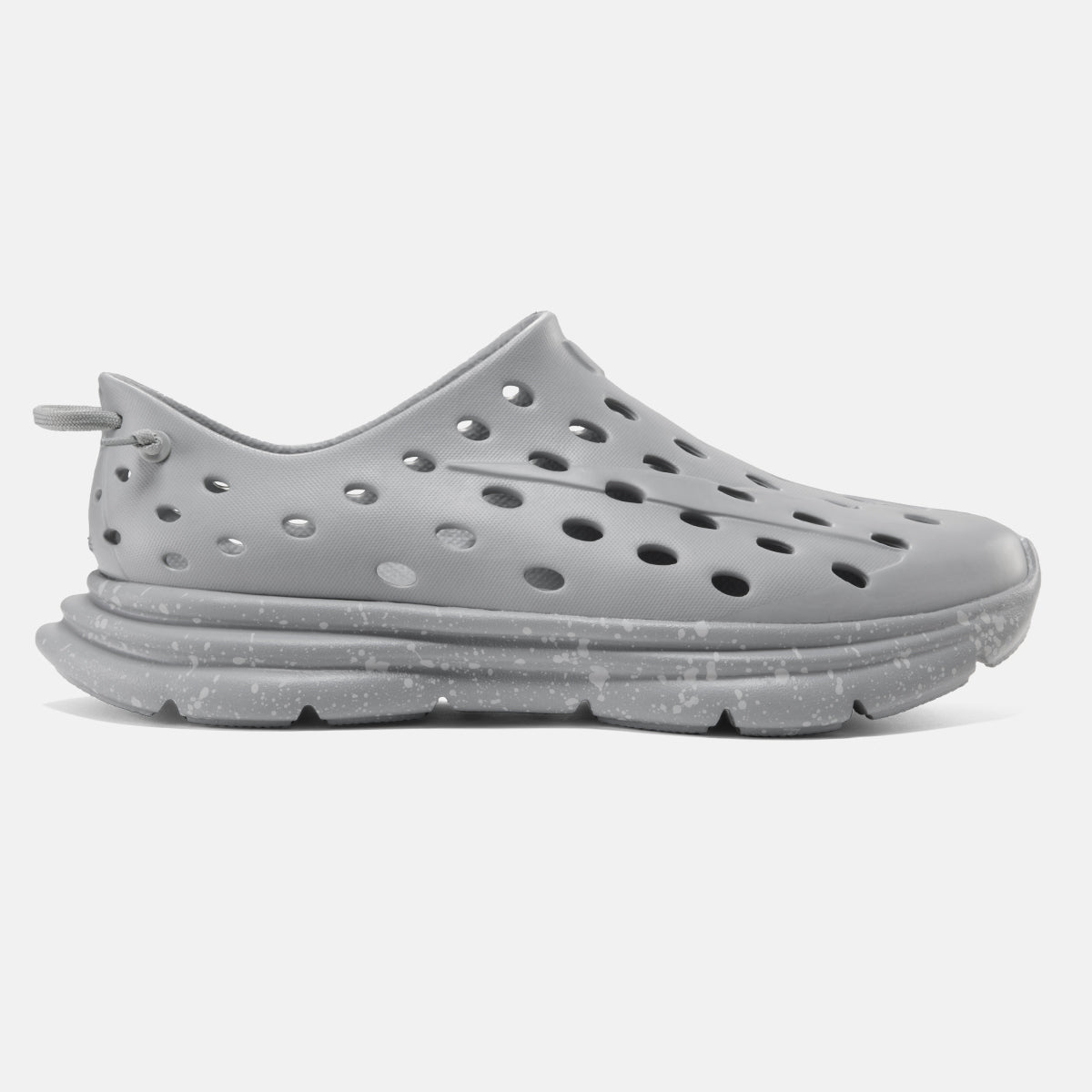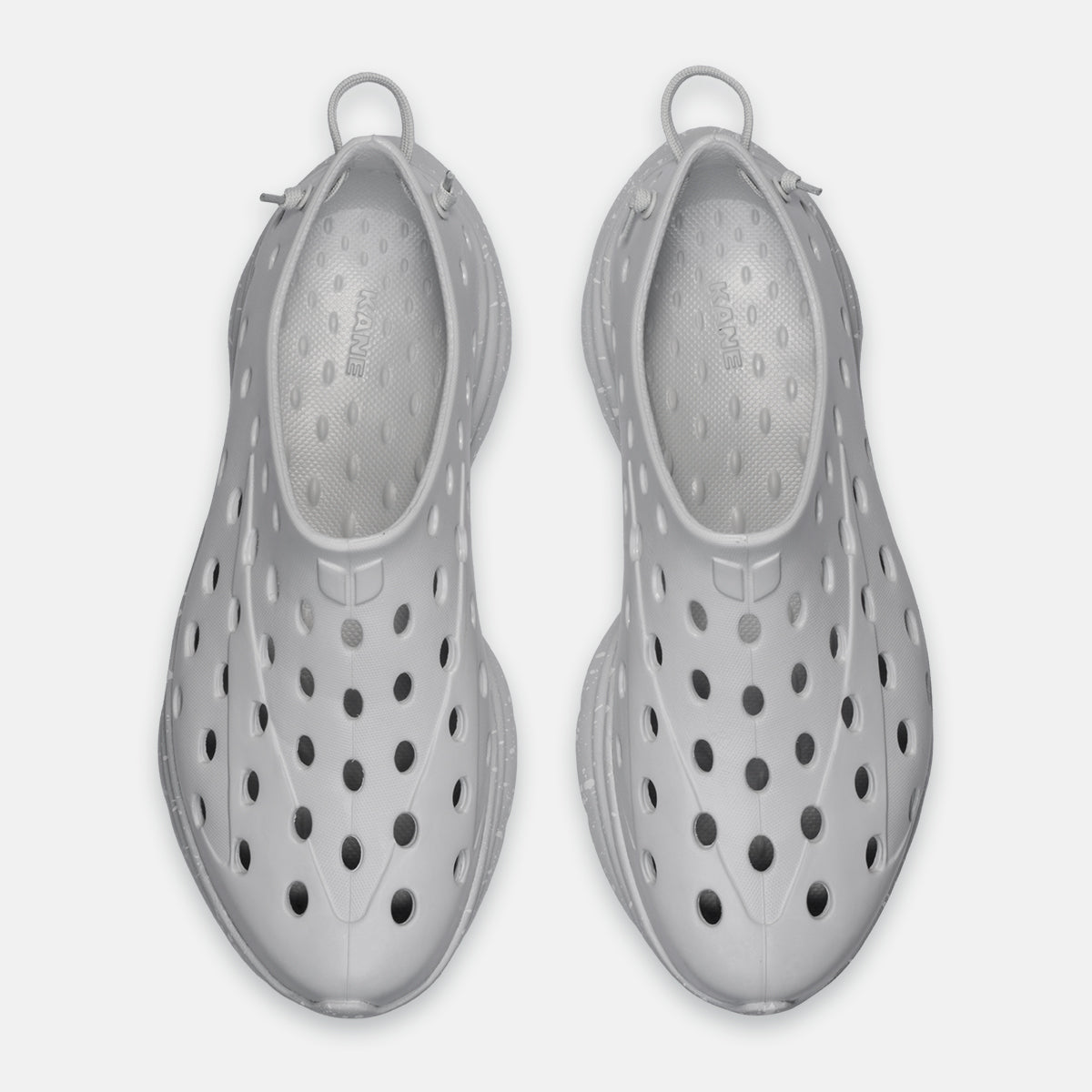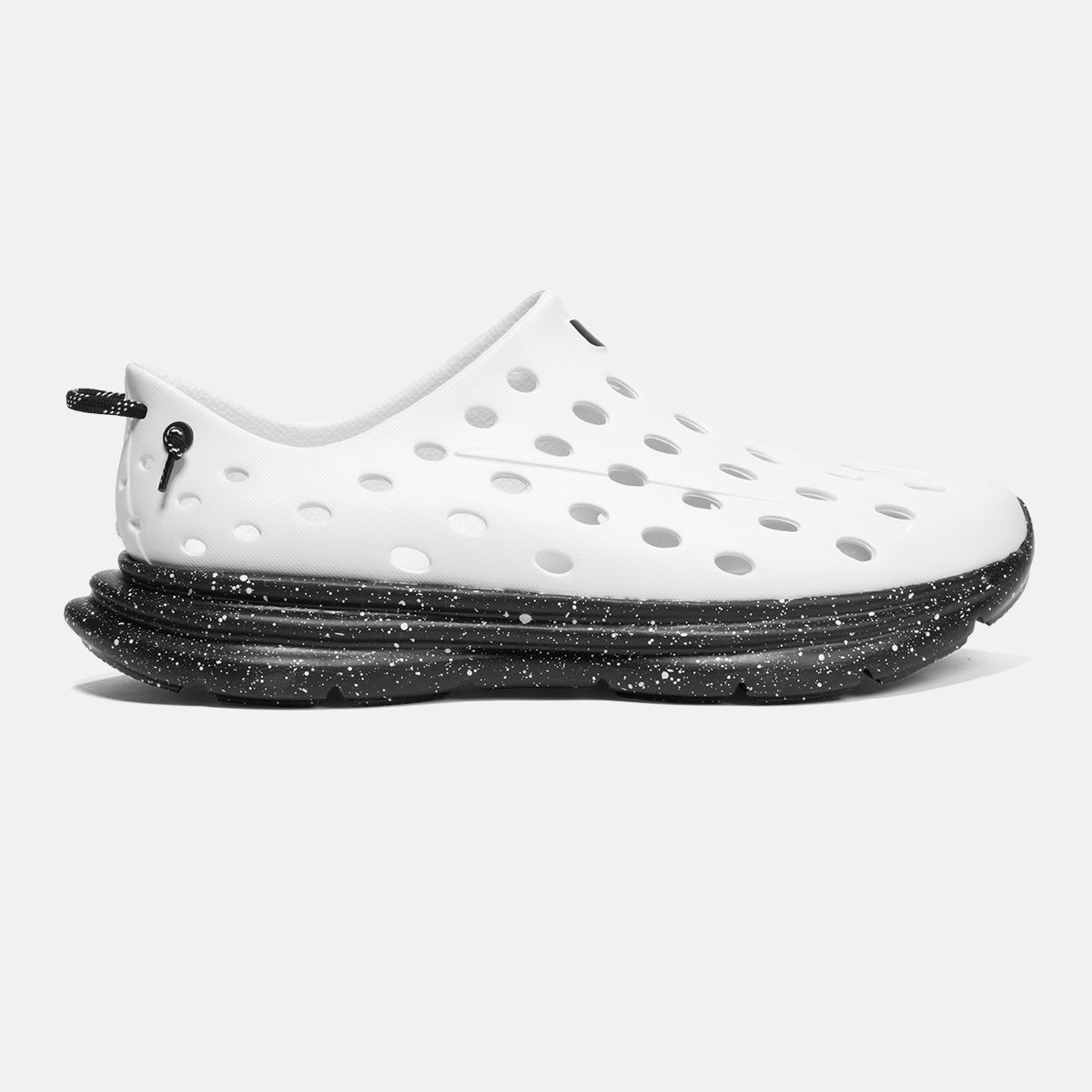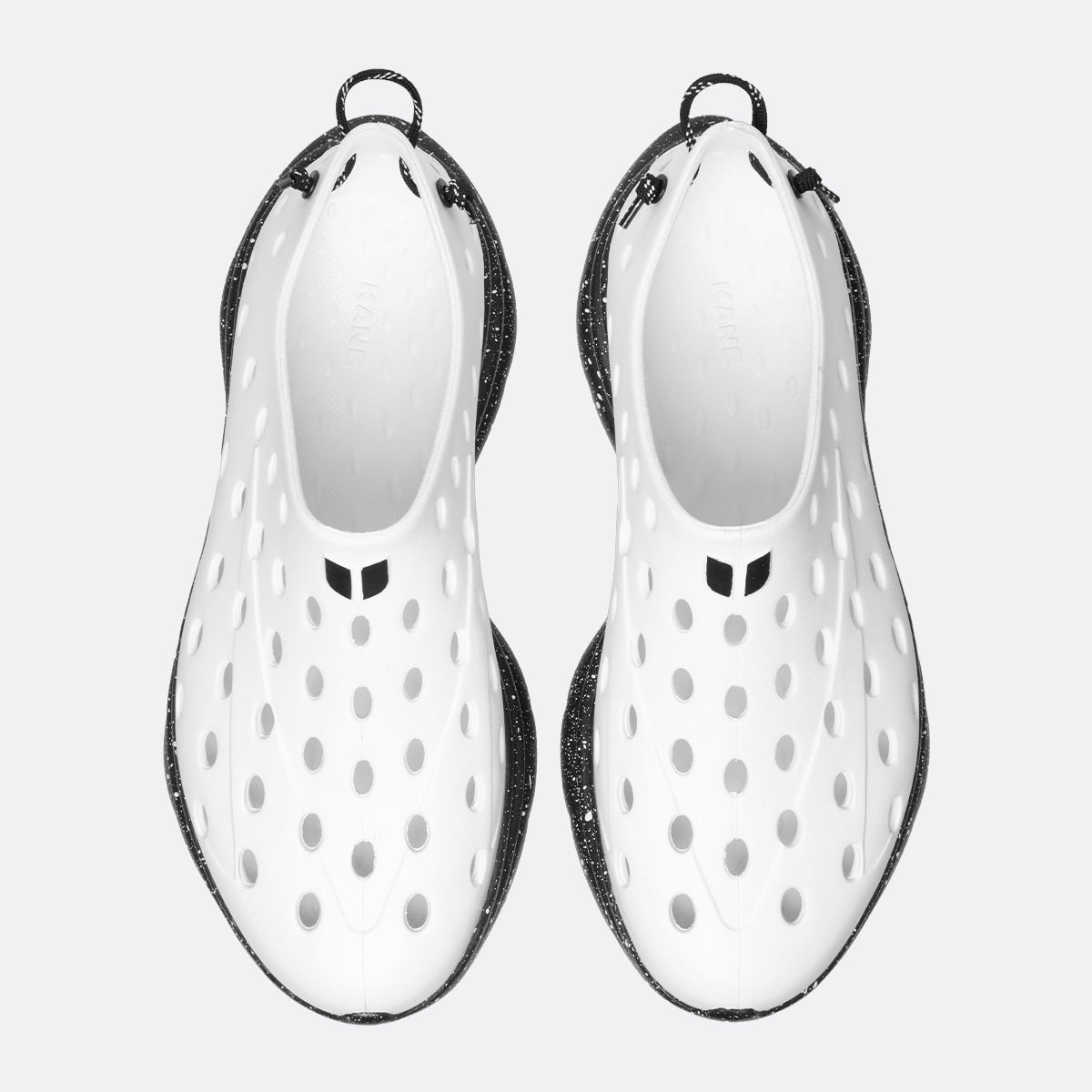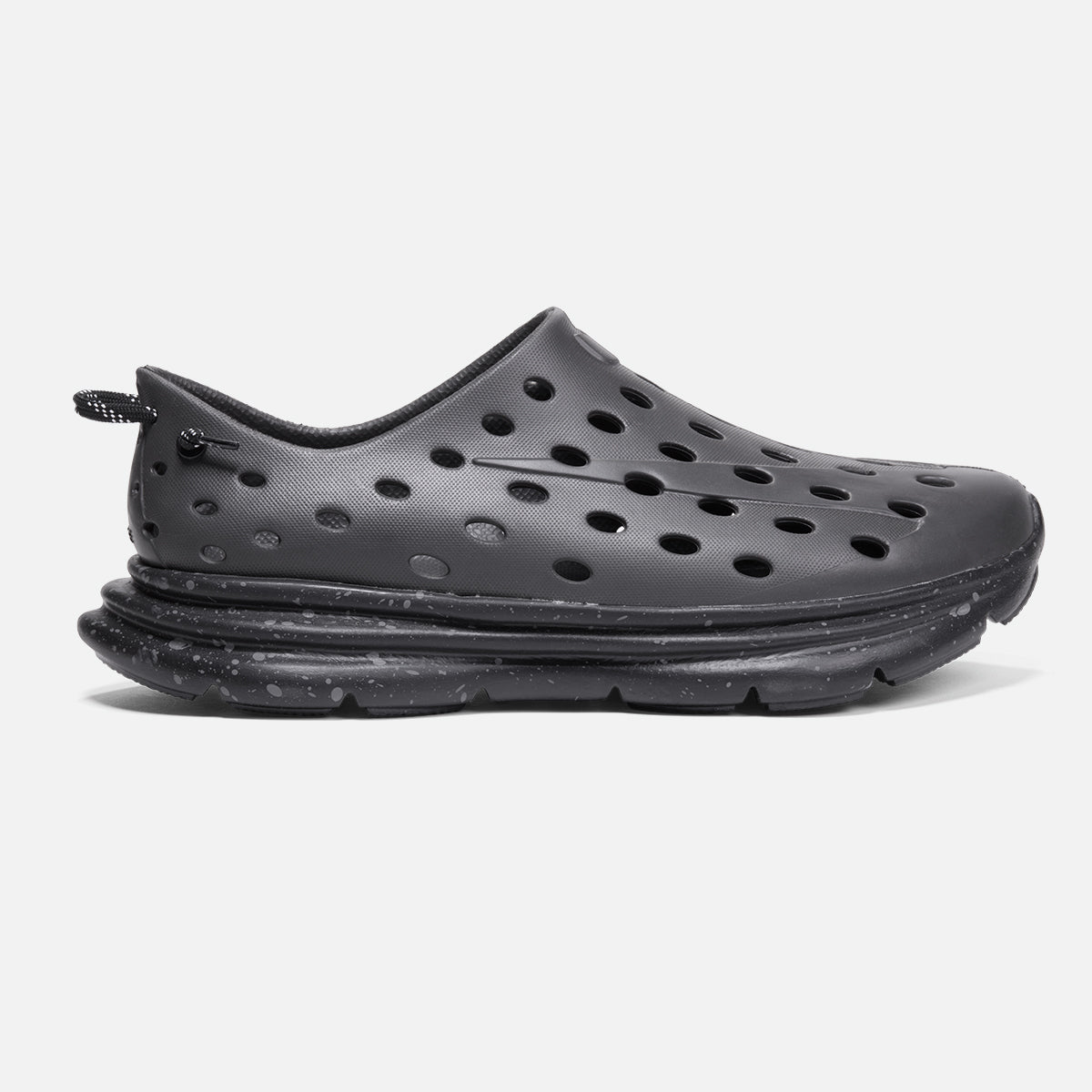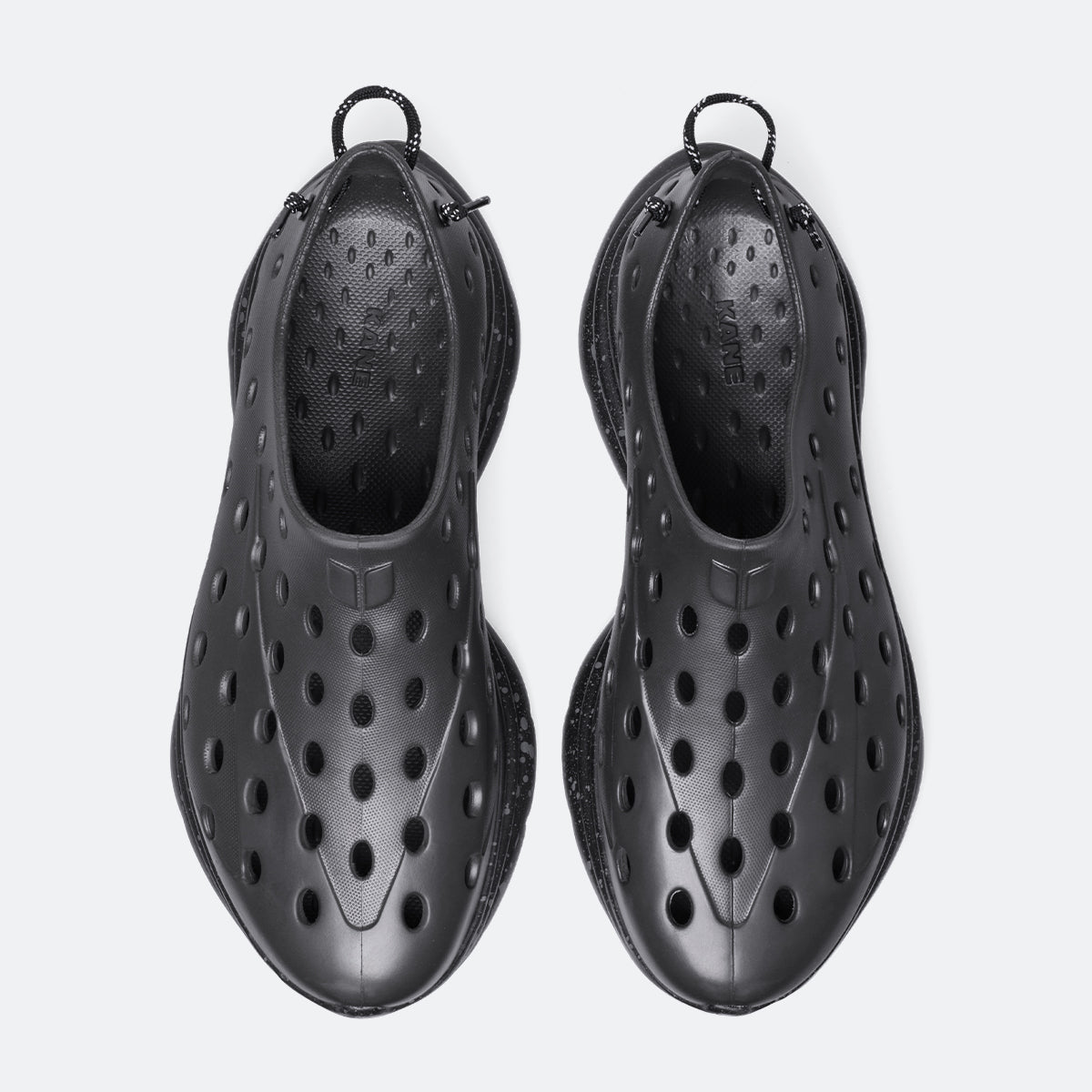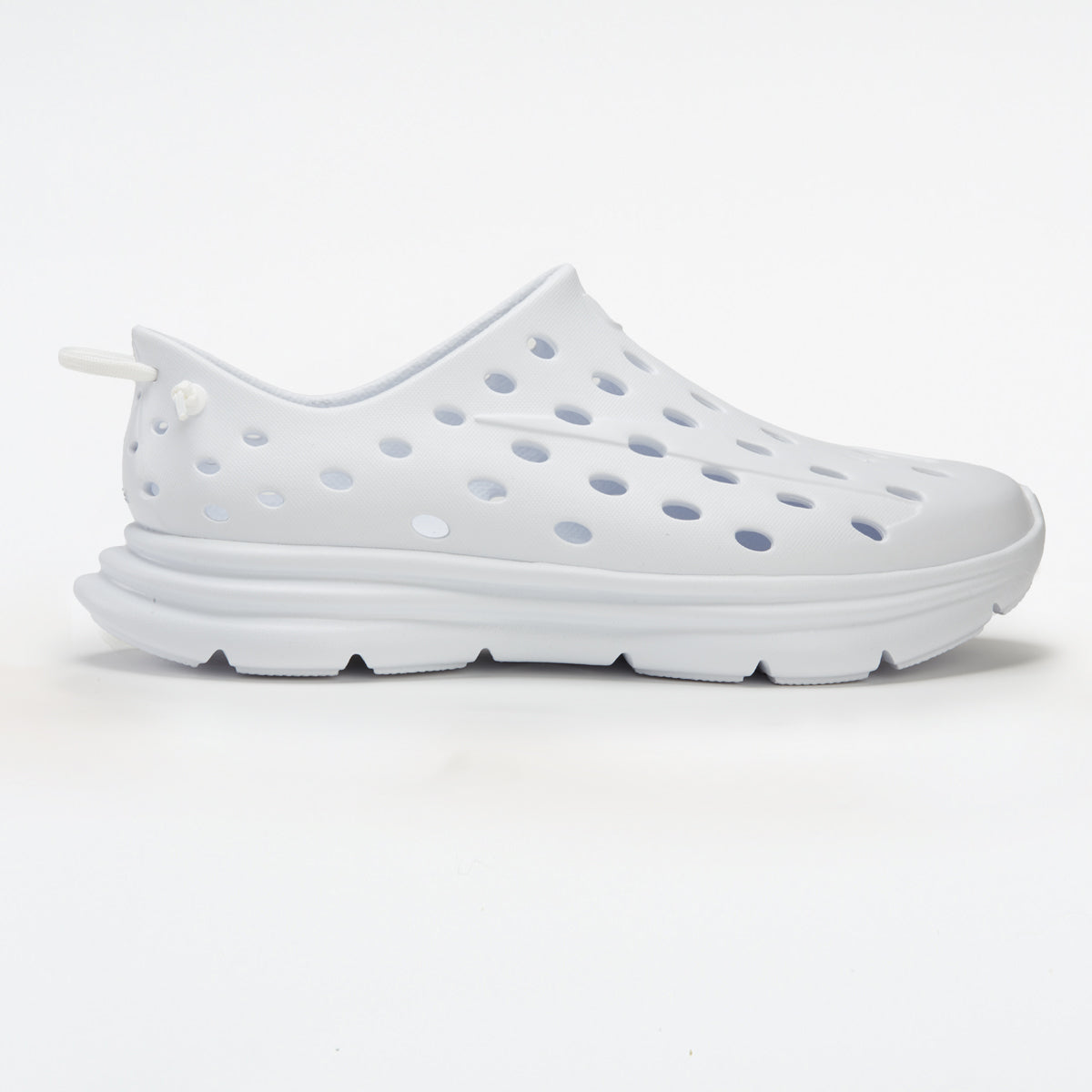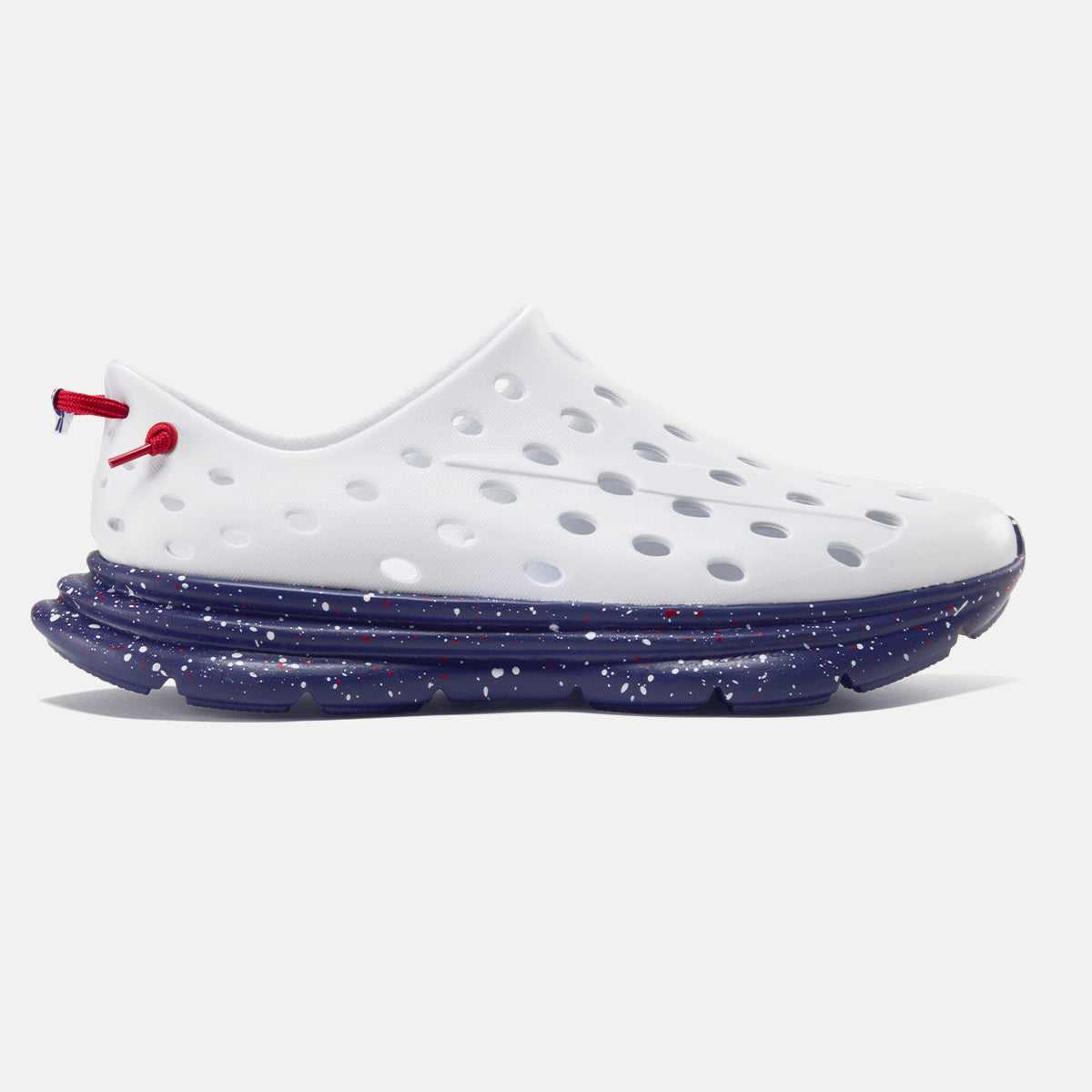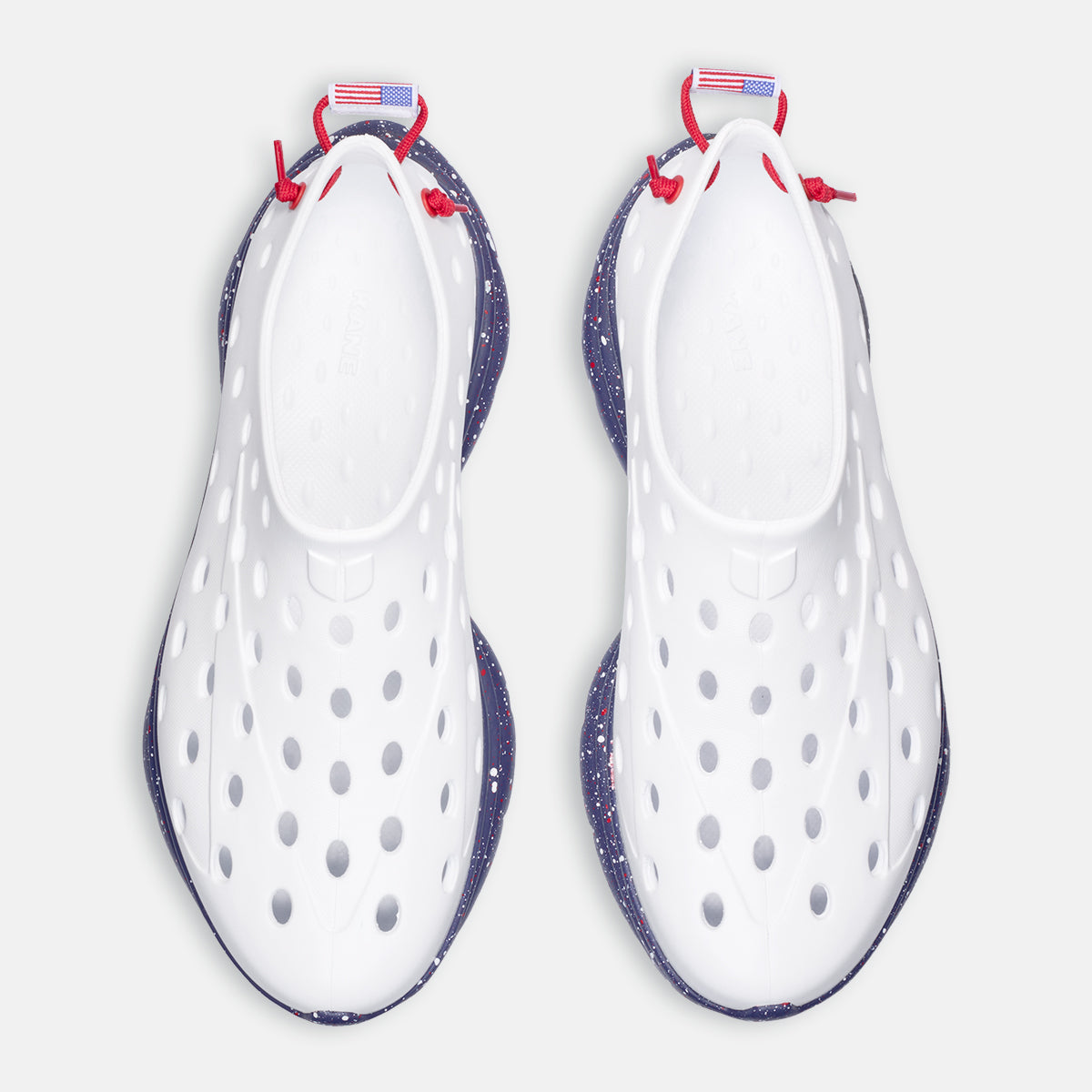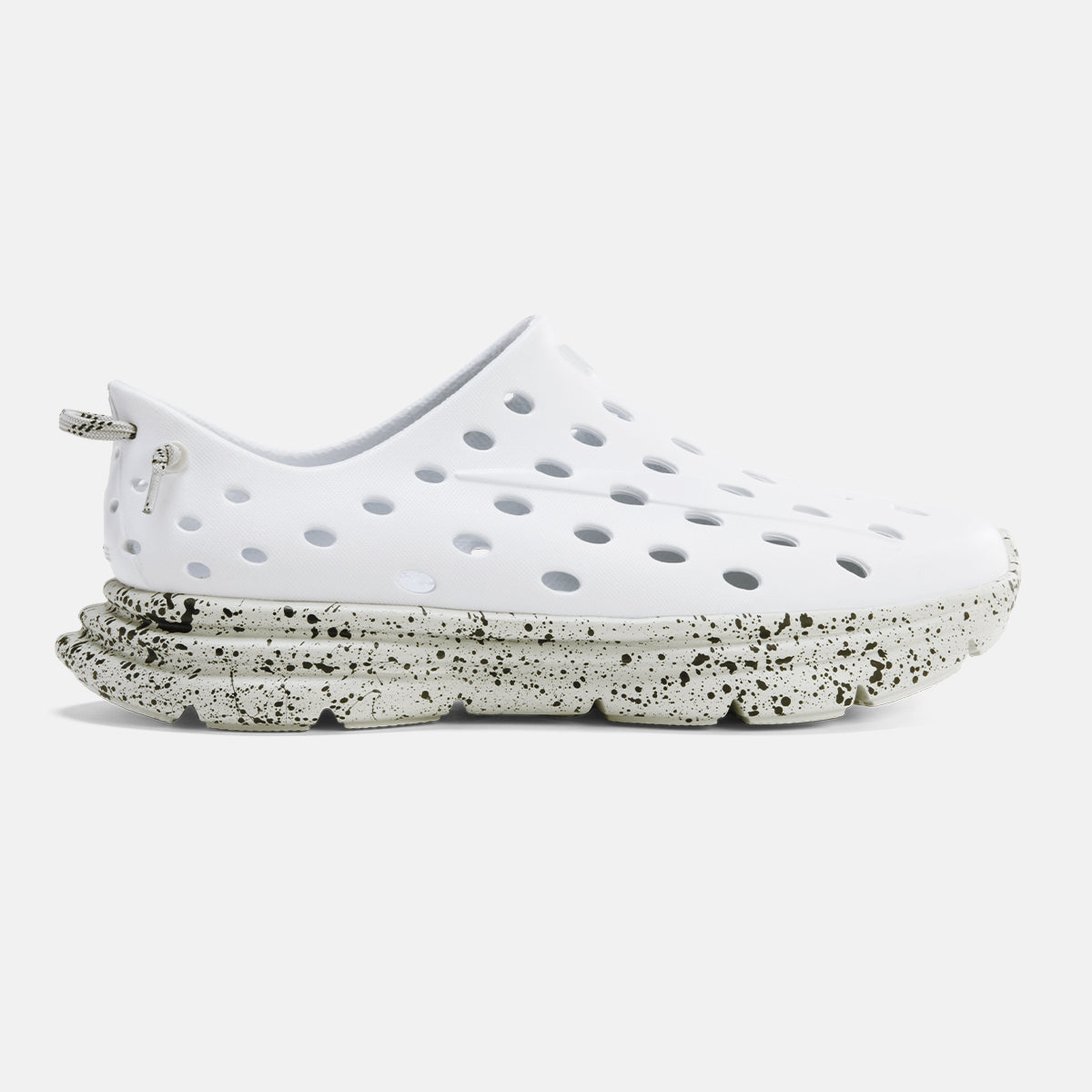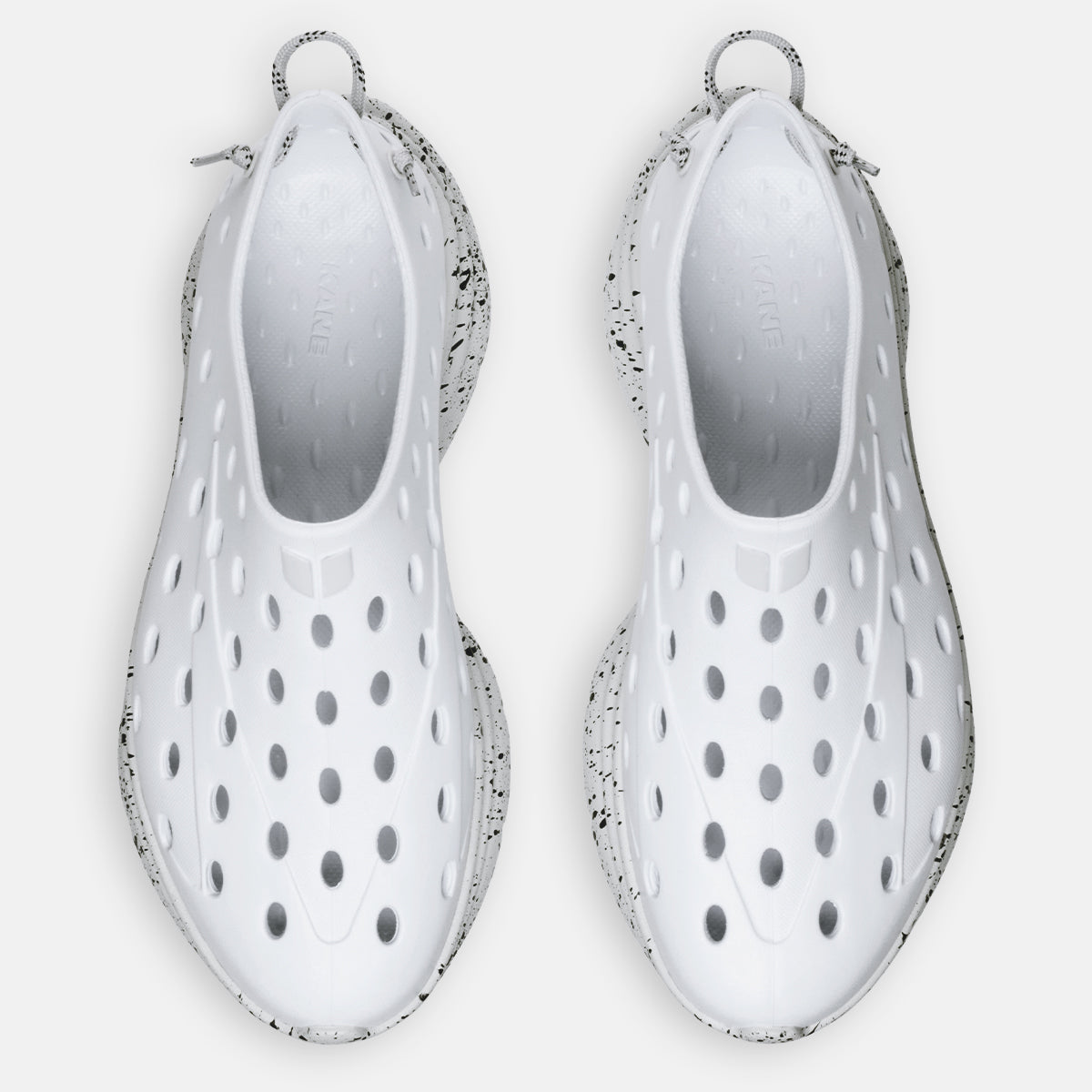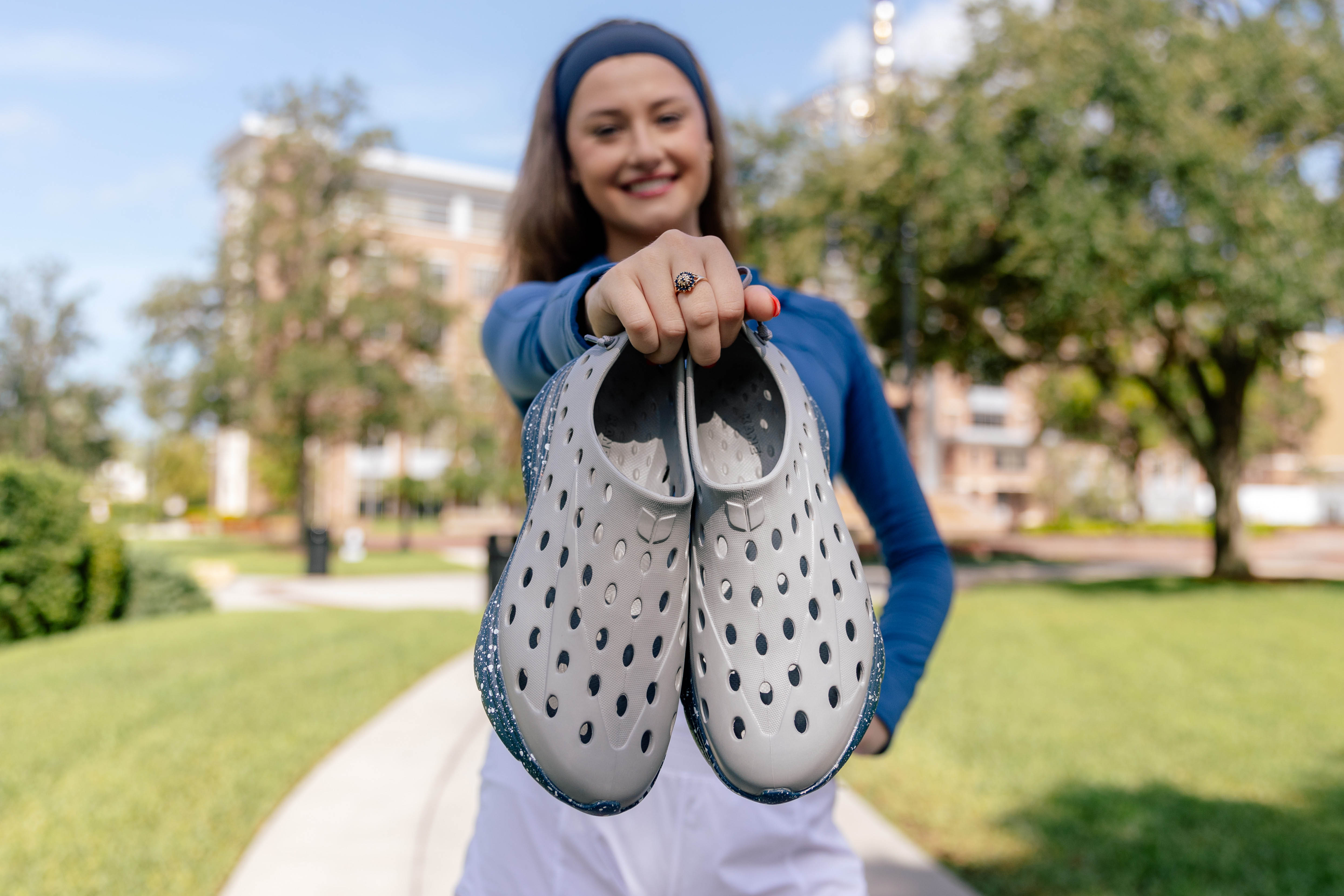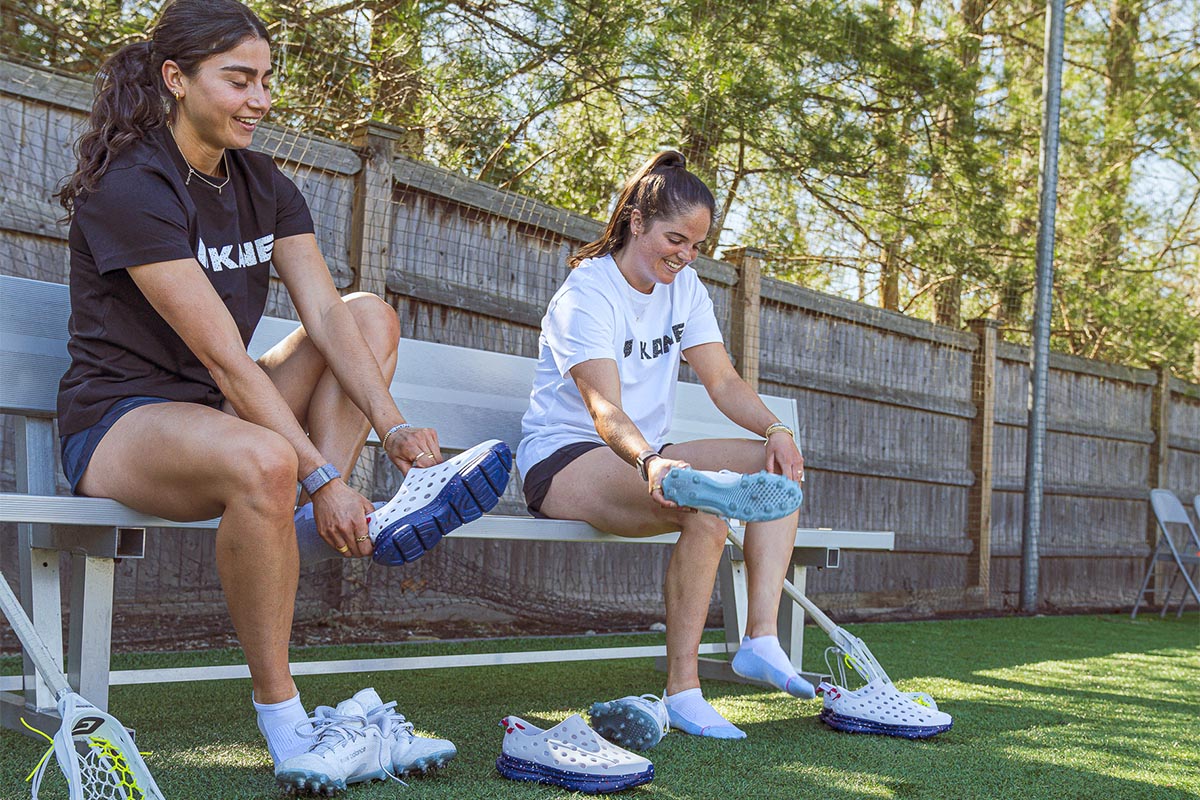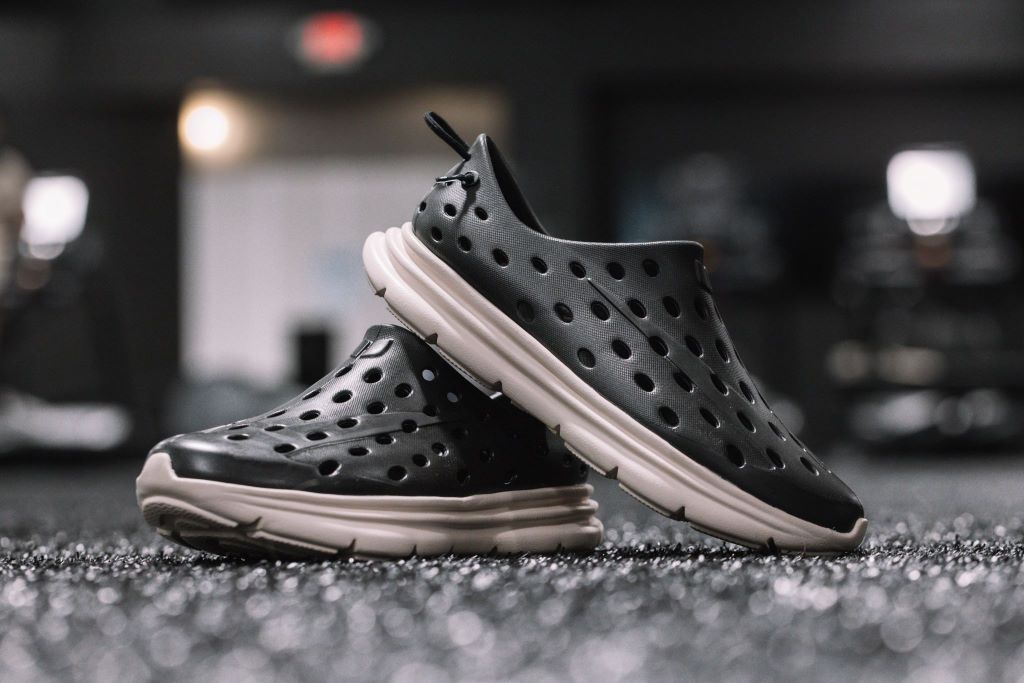The right drink after exercise can make the difference between bouncing back strong and feeling wiped out the next day. Your body needs specific nutrients to recover effectively, and timing matters. Let's explore the best options to refuel and why they work.
Best post-workout drinks for recovery
After a challenging workout, your body craves two key things: protein and carbohydrates. The ideal post-workout drink combines both, making some options particularly effective for muscle recovery.
Chocolate milk: The surprising front-runner
Chocolate milk stands out as an excellent recovery beverage. It offers an optimal ratio of carbs to protein, making it especially effective after intense workouts. Studies show that drinking chocolate milk after exercise improves recovery and may reduce muscle damage.
What makes it work? Plain milk already contains natural sugars and protein, while the chocolate adds extra carbs that help replenish depleted glycogen stores. One glass provides:
- Eight grams of protein
- Essential electrolytes like calcium and potassium
- Natural sugars for energy replenishment
- Vitamin D and other nutrients that support recovery
Sports drinks: When they make sense
Sports drinks shine during and after endurance activities. They're specifically designed to help consume electrolytes lost through sweat and maintain proper hydration. However, they're not always the best choice for every situation.
Best uses for sports drinks:
- Long-duration endurance activities (over 90 minutes)
- Hot weather training
- High-intensity interval sessions
- When rapid fluid replacement is crucial
Protein shakes: Building blocks for recovery
Whey protein shakes are a go-to for many athletes focusing on building muscle and supporting muscle protein synthesis. For the best results, look for options that provide 20 to 25 grams of protein per serving.
A quality protein shake helps:
- Speed up muscle repair
- Support muscle growth
- Improve body composition
- Maintain muscle mass
Natural alternatives that work
Several natural options can effectively support post-workout recovery:
Tart cherry juice
Studies suggest it’s rich in anti-inflammatory compounds and can reduce muscle soreness and improve recovery time. Research shows tart cherry juice is especially beneficial for endurance athletes, and while these findings are promising, more studies are needed.
Coconut water
This hydrating drink option is high in potassium and natural electrolytes. It's lighter than traditional sports drinks but effective for replacing lost fluids.
Maple water
Maple water is effective for rehydrating after exercise. Its electrolyte content, including potassium, magnesium, and calcium, helps replace fluids lost during physical activity.
Coconut milk smoothies
Blend with fruit and protein powder for a creamy recovery drink that rivals commercial options. Coconut-based drinks are especially good for those who avoid dairy.
Timing your post-workout recovery drinks
The timing of your recovery drink is important, as your muscles are most receptive to nutrients shortly after resistance training or intense activity. Consuming a recovery drink within a couple of hours post-exercise can help replenish energy stores and support recovery.
A certified personal trainer, registered dietitian, or nutritionist can help you dial in the perfect timing for your needs and goals, factoring in your body weight and activity level.
Understanding workout intensity and recovery needs
Different workouts demand different recovery approaches. Your post-workout nutrition needs can vary based on exercise metabolism, duration, and style. Understanding these differences helps you choose the most effective recovery drink.
High-intensity strength training
High-intensity strength training causes significant muscle fiber breakdown and glycogen depletion, typically during 45- to 75-minute sessions. Effective recovery nutrition involves 20 to 30 grams of protein and a balanced carbohydrate intake, often aiming for a 3:1 to 4:1 carb-to-protein ratio. Suitable options include protein shakes with carbohydrates, chocolate milk, or recovery-specific beverages.
Endurance training
Endurance training activities like running, cycling, and swimming can result in extensive sweat loss and electrolyte depletion, especially during sessions lasting 90 minutes or more. Effective recovery involves replacing electrolytes and energy stores. A suitable recovery drink combines high electrolytes, 45 to 65 grams of carbohydrates, and 15 to 25 grams of protein. Many athletes use a two-step approach: starting with a sports drink for immediate electrolyte replacement and followed by a protein shake. Enhancing chocolate milk with sodium and carbohydrates is another effective option.
Moderate-intensity workouts
Moderate-intensity workouts lasting 30 to 60 minutes cause moderate glycogen depletion and muscle stress. Adequate recovery nutrition involves 15 to 20 grams of protein and a balanced carbohydrate intake, typically around 0.8 grams per kilogram of body weight. Suitable options include regular chocolate milk, a light protein shake, or coconut water with added protein and carbohydrates.
Light activity and yoga
Hydration is the primary focus for light activity and yoga. These workouts create minimal glycogen depletion and light muscle stress. Plain water often suffices, though coconut water can provide additional electrolyte benefits. A light protein drink may offer extra support for longer or more intense sessions, but hydration remains the key priority.
Individual factors
Individual factors significantly influence recovery needs. For example, someone exercising in hot conditions may require more electrolyte replacement than someone doing an intense workout in cooler conditions. Beginners often need more recovery support than seasoned athletes. When choosing a recovery drink, consider your fitness level, body composition goals, training frequency, and environmental conditions to optimize your recovery.
Making smart choices for your needs
The best recovery drink varies based on several factors:
- Workout intensity and duration
- Individual goals (strength, endurance, general fitness)
- Dietary restrictions
- Personal taste preferences
- Body composition goals
- Environmental conditions (e.g., heat, humidity)
Plain water is often sufficient for lighter workouts. However, after more intense or prolonged exercise, your body typically needs additional nutrients like electrolytes, carbohydrates, and protein to recover effectively.
Creating your own recovery drinks
Commercial products aren't always necessary after a hard workout. Effective DIY options include:
- Smoothies with fruit and yogurt
- Banana and milk blend
- Plant-based protein drinks with added carbohydrates for energy
- Recovery drink combinations using natural protein and carbohydrate sources
These options can provide necessary nutrients for recovery while being tasty alternatives to commercial products.
What to avoid
Some common mistakes can hinder recovery:
- Waiting too long to refuel
- Choosing drinks high in sugar but low in other essential nutrients
- Neglecting electrolyte replacement
- Not drinking enough total fluid
Complete recovery: Beyond nutrition
While the right post-workout drink is crucial, recovery is a full-body process. Your feet, which carry you through every workout, deserve special attention, too. Proper recovery footwear can help reduce inflammation and support overall muscle recovery, especially after intense training sessions.
Discover Kane Recovery Shoes!
Kane's recovery shoes provide excellent support, comfort, and durability for those in need of top-notch recuperative footwear. Featuring an adjustable hook-and-loop single-strap synthetic upper, plush TPR footbed, and durable injected EVA outsole, these kicks come with all the right features to assist you during your rehabilitation journey.
Aside from providing quality products, they are also committed to sustainability. They have become a Certified B Corporation while dedicating 1% of their overall profits to environmental charities.
When and how to wear Kane Revive
The best time to wear most recovery shoes is directly after strenuous activities such as running or exercising. This helps minimize inflammation and launch the healing process. To guarantee maximum comfort and effective recuperation, ensure you wear your footwear correctly by tying up laces securely for a snug fit around your feet.
The bottom line on recovery drinks
The best post-workout drink depends on your specific situation and goals. While sports nutrition research evolves, the fundamentals remain: replenish fluids, restore energy, and provide protein for recovery.
Consistency and timing are key whether you choose chocolate milk, a commercial recovery drink, or a homemade blend. Monitor your body's response and adjust accordingly. For personalized advice, consult a registered dietitian who can tailor recommendations to your specific needs and training goals.
Frequently asked questions
Do I need a post-workout recovery drink?
Whether you need a post-workout recovery drink depends on your workout intensity, duration, and fitness goals. For most people exercising less than 60 minutes at moderate intensity, a recovery drink isn't necessary—plain water is usually enough for rehydration.
However, a recovery drink can be beneficial if your workout lasts 60 to 90 minutes, is high-intensity, or you're training multiple times a day. Strategic recovery nutrition is especially beneficial for athletes following demanding training schedules or competing in events like triathlons or multi-day races.
These beverages help replenish glycogen, provide protein for muscle repair, replace electrolytes, and reduce soreness. For optimal results, consume within 15 to 30 minutes post-workout, though a balanced meal within one to two hours offers similar benefits for casual exercisers.
What is the best thing to drink after a workout?
The best post-workout drink depends on your workout intensity, duration, and fitness goals. Top choices for rehydration and recovery include:
- Chocolate milk: Favored by endurance athletes for its carb-to-protein ratio, electrolytes, and B vitamins.
- Water: Sufficient for moderate exercise lasting under an hour.
- Electrolyte drinks: Ideal after intense or prolonged workouts (>1 hour) to replenish fluids and minerals.
- Tart cherry juice: Rich in antioxidants, it helps reduce inflammation and muscle soreness.
- Milk: Provides protein, carbs, and electrolytes for hydration and muscle repair.
- Smoothies: Blend of electrolytes, protein, and antioxidants for a nutrient-dense option.
Drink 16 to 24 ounces of fluid per pound of body weight lost during exercise. For personalized advice, consult a sports nutritionist or dietitian.
What is the best thing to consume after a workout?
The best post-workout nutrition includes a combination of carbohydrates and protein within two hours to replenish energy, repair muscles, and support recovery.
Carbohydrates
Carbs help restore glycogen levels depleted during exercise. Great options include:
- Whole grain bread
- Brown rice
- Sweet potatoes
- Quinoa
- Oatmeal
- Fruits (e.g., bananas, mangoes)
Protein
Consuming 20 to 30 grams of protein aids muscle repair and growth. Excellent sources include:
- Eggs
- Greek yogurt
- Cottage cheese
- Lean meats (chicken, turkey)
- Fish
- Tofu or tempeh
Ideal ratio
Experts often recommend a 3:1 or 4:1 carbohydrate-to-protein ratio for optimal recovery.
Hydration
Rehydrating is essential. Water is often sufficient, but electrolyte drinks can help replace minerals lost through sweat after intense or prolonged workouts.
Best post-workout foods
- Chocolate milk (an ideal carb-to-protein ratio with key nutrients)
- Greek yogurt with fruit (mix of protein, carbs, and vitamins)
- Whole grain sandwich with lean protein (a balanced post-workout meal)
- Smoothie with protein powder and fruit (a quick, hydrating option)
For additional recovery benefits, consider anti-inflammatory foods like tart cherries, turmeric, or wild blueberries.
The best choice depends on your workout intensity, goals, and personal needs. Consulting a sports nutritionist can help tailor a recovery plan that works for you.
How does chocolate milk compare to sports drinks for recovery?
Chocolate milk is a strong contender against sports drinks for post-exercise recovery, with research suggesting it may be equally effective—or even superior—in certain aspects.
1. Nutrient profile
Chocolate milk has an ideal carbohydrate-to-protein ratio (around 3:1 or 4:1), similar to many commercial recovery drinks. This combination helps replenish glycogen stores and supports muscle repair.
2. Hydration benefits
Milk-based drinks, including chocolate milk, have been shown to rehydrate more effectively than water or sports drinks. Studies indicate athletes retain fluids longer and experience lower urine output after drinking milk than sports drinks or water.
3. Muscle recovery
The protein content in chocolate milk provides an advantage over carbohydrate-only sports drinks by enhancing muscle repair and reducing soreness after exercise.
4. Performance benefits
Some studies suggest chocolate milk can improve strength gains more than carbohydrate drinks. For example, one study found that high school athletes who consumed chocolate milk had a 12.3% strength increase, compared to only 2.7% in those drinking a carb-based recovery beverage.
5. Cost and accessibility
Compared to specialized sports recovery drinks, chocolate milk is often more affordable and widely available, making it a budget-friendly option.
6. Taste and enjoyment
Many athletes prefer the taste of chocolate milk, making them more likely to consume it consistently as part of their recovery routine.
While some research suggests chocolate milk may be slightly more effective for endurance enthusiasts, other studies find no significant differences between chocolate milk and sports drinks. Ultimately, the best choice depends on individual preferences, dietary needs, and recovery goals.
No content on this site should ever be used as a substitute for direct medical advice from your doctor or other qualified clinicians.



